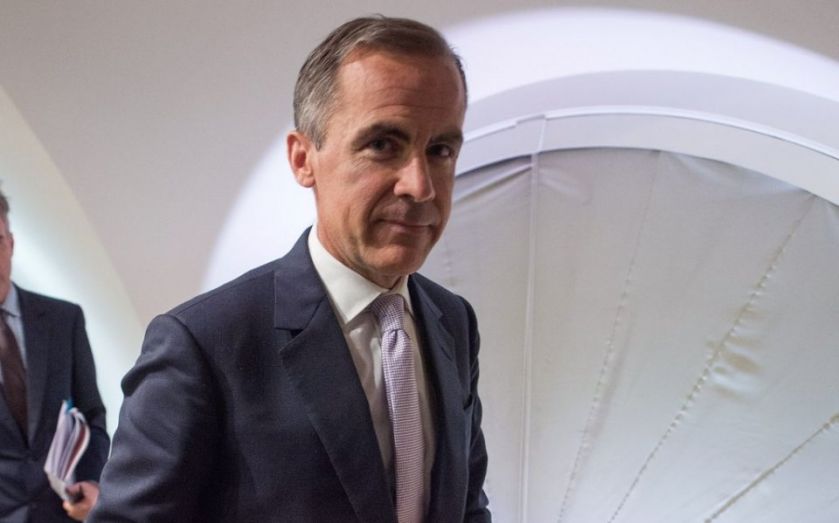Governor Mark Carney: The out-of-touch boyfriend – CNBC Comment

The only thing worse than an “unreliable boyfriend” is one who relentlessly aims to please but fails to understand what his partner really needs. Despite his best intentions, he disrupts the relationship through an improper assessment of the situation at hand. Meet the “out-of-touch boyfriend”.
The latter label arguably became a more apt characterisation of Bank of England governor Mark Carney on Super Thursday. While trying to shake off the “unreliable” reputation he earned during a parliamentary hearing last year, Carney is leaving the door open to easy monetary policy for longer in the event global headwinds take a turn for the worse.
The governor struck a surprisingly dovish tone last Thursday, as the Bank pushed out its inflation forecast while trimming the UK growth outlook. But Carney’s assertion that risks from developing economies could overshadow domestic resilience caught many offguard, especially after the US Federal Reserve pared back its focus on external threats. The governor’s statement also came amid a rebound in UK manufacturing activity to a 16-month high, suggesting robust domestic demand is offsetting a slowdown in China.
Carney’s defenders will argue that the Bank of England is hedging its bets in case the Fed keeps rates on hold into next year, forcing a de facto tightening courtesy of sterling strength.
But as every out-of-touch boyfriend would be wise to remember: timing is everything. A day after Carney took the stage, the US non-farm payroll report blew past forecasts, sending the dollar index to a six-month high as federal funds futures moved to price in a 70 per cent chance of a December rate hike.
“I bet he (Carney) regrets saying what he had to say. The Bank of England looks slightly after-the-fact here,” Marcus Ashworth, head of fixed income at Haitong Securities, told me.
Arguably, Bank of England policymakers are less concerned about predicting Janet Yellen’s next move and are more focused on European Central Bank president Mario Draghi’s master plan.
Carney and Draghi will meet face to face in London tomorrow at the Bank of England Open Forum. While the official agenda looks at the role of financial markets in the economy, you can be sure the chat on the side-lines will include central bank divergence. After Draghi all but promised to deliver a Christmas bonus by expanding quantitative easing in December, even a hint of tightening from the Bank of England next year could be perceived by markets as coal in the stocking.
Still, Carney may soon discover what so many have learned the hard way: keeping up with the best friend’s boyfriend only brings short-term gain, frequently followed by long-term pain.
That pain is already being felt in some sectors. Andreas Treichl, the chief executive of Austrian lender Erste Bank, told me in a CNBC interview that “quantitative easing is neither good for our bank nor good for our clients. We would like it to be over, but there are other goals to fulfil for Europe.” As Treichl points out, where you stand on QE depends on where you sit.
But in the spirit of data-dependence, central bankers (and boyfriends) should take heed. Perhaps the best gift of all this Christmas is not what your partner or the fickle markets want, but what they need.